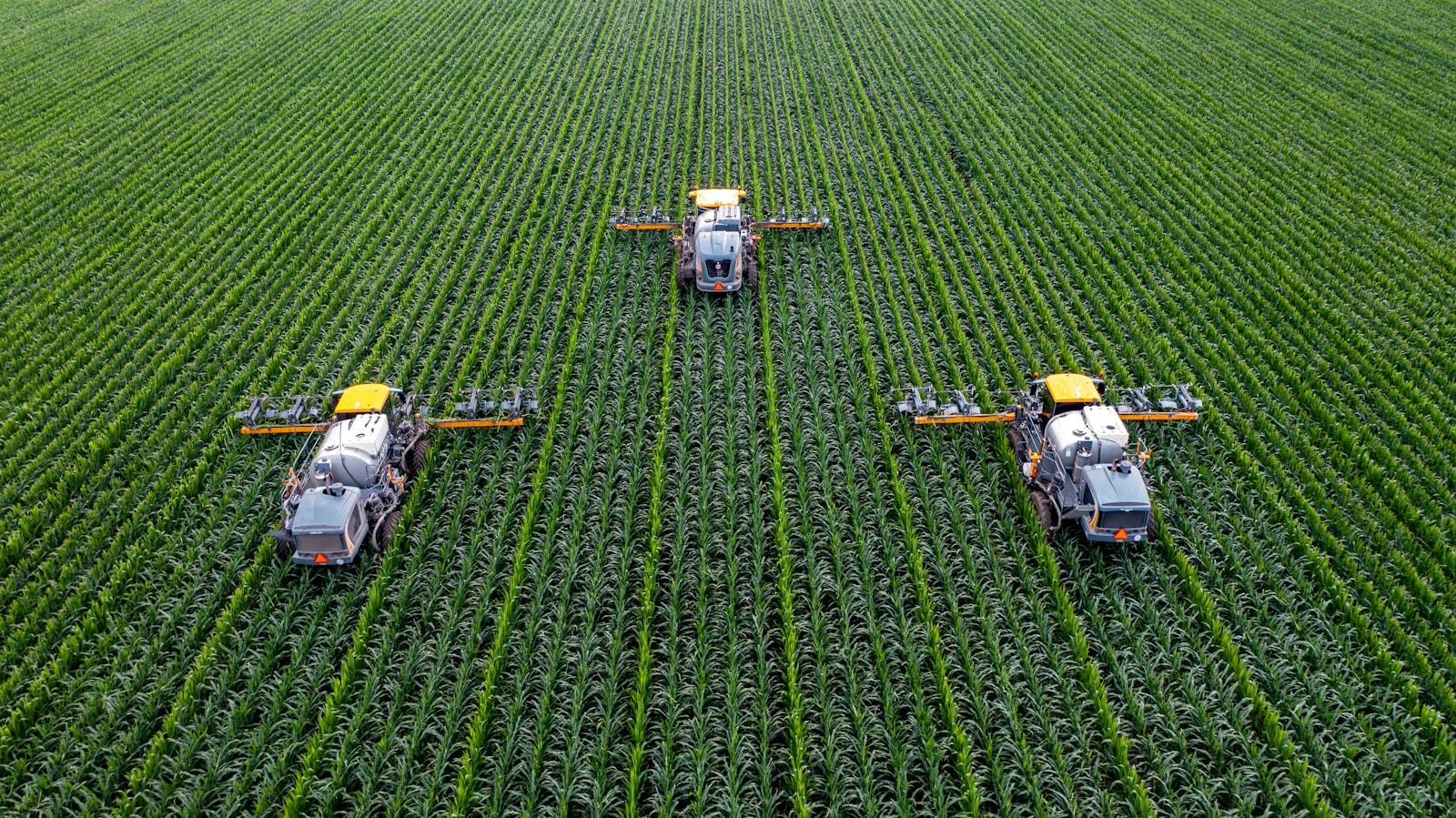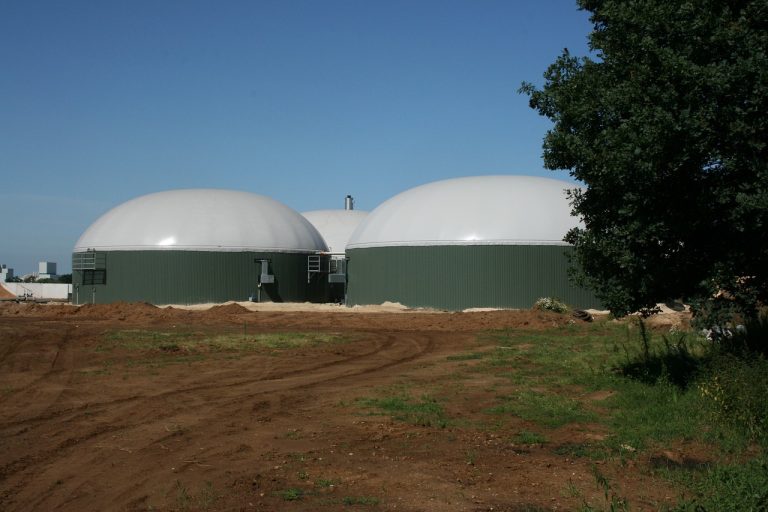Smart Farming: A Great Economic Future for Africa

Smart farming, a component of the broader movement towards precision agriculture, is a modern farming management concept that uses technology and data to optimize the yield and efficiency of agricultural operations. This innovative approach encompasses a range of technologies, including IoT (Internet of Things) devices, sensors, GPS, drones, AI (Artificial Intelligence), and big data analytics, to monitor field conditions and automate farming practices.
By precisely assessing and responding to variabilities in the field, smart farming facilitates informed decision-making and more controlled and sustainable agricultural production.
Africa, with its extensive agricultural potential and growing technological landscape, stands at the threshold of an agricultural transformation driven by smart farming. This transformation promises to address many of the continent’s challenges related to agriculture, such as climate change, food security, and economic diversification.
Enhancing Crop Yields and Efficiency
Smart farming technologies can significantly increase crop yields while optimizing resource use. For instance, soil sensors can measure moisture and nutrient levels, providing precise data to adjust irrigation and fertilization, ensuring optimal plant growth. Drones equipped with high-resolution cameras can survey and map fields, identifying areas that require attention or treatment, thereby reducing waste and enhancing the efficiency of inputs like water, fertilizers, and pesticides.
Climate Adaptation and Environmental Sustainability
In the face of climate change, African agriculture must adapt to ensure sustainability and resilience. Smart farming offers tools for this adaptation, such as weather prediction models and crop monitoring through satellite imagery. These technologies can help farmers make better decisions about planting and harvesting times, crop selection, and water management, reducing the environmental impact and helping farms adapt to changing climatic conditions.
Empowering Farmers with Data
Access to real-time data and analytics can empower African farmers, transforming agriculture from a traditional, intuition-based practice to a data-driven industry. Mobile platforms can deliver actionable insights directly to farmers, enabling them to make informed decisions about their crops. This democratization of information can lead to improved productivity, reduced risks, and higher incomes.
Boosting Food Security
Smart farming can play a pivotal role in boosting food security across the continent. By increasing efficiency and resilience, smart farming can help ensure a more stable and abundant food supply, even in the face of challenges such as population growth, urbanization, and climate change. This could lead to more consistent food prices and reduced vulnerability to food shortages.
Economic Opportunities and Job Creation
The adoption of smart farming in Africa could spur economic growth by attracting investment in technology and infrastructure. It could also lead to the creation of new jobs, both on and off the farm, in areas such as data analysis, equipment maintenance, and technology development. As agriculture becomes more efficient and profitable, it can stimulate growth in related sectors, including logistics, processing, and retail.
Some Examples of Smart Farming in Action
- Precision Agriculture: Using GPS-guided tractors and drones to plant seeds and apply fertilizers and pesticides with pinpoint accuracy, reducing waste and environmental impact.
- Soil and Crop Sensors: Deploying sensors to monitor soil moisture and nutrient levels, as well as crop health, to optimize irrigation and fertilization schedules.
- Farm Management Software: Implementing software solutions that integrate data from various sources, providing a comprehensive view of farm operations and facilitating informed decision-making.
- Automated Irrigation Systems: Utilizing IoT-enabled systems that automatically adjust watering based on real-time soil and weather data, enhancing water use efficiency.
While the opportunities presented by smart farming are immense, realizing its full potential in Africa will require overcoming significant challenges, including infrastructure deficits, limited access to technology, and the need for capacity building and education. Public-private partnerships, along with investments in education and infrastructure, will be crucial to enabling the widespread adoption of smart farming technologies across the continent.
In conclusion, smart farming offers a beacon of hope for the future of agriculture in Africa. By embracing these technologies, the continent can unlock a new era of productivity, sustainability, and prosperity, ensuring food security and economic growth for generations to come.







